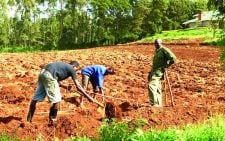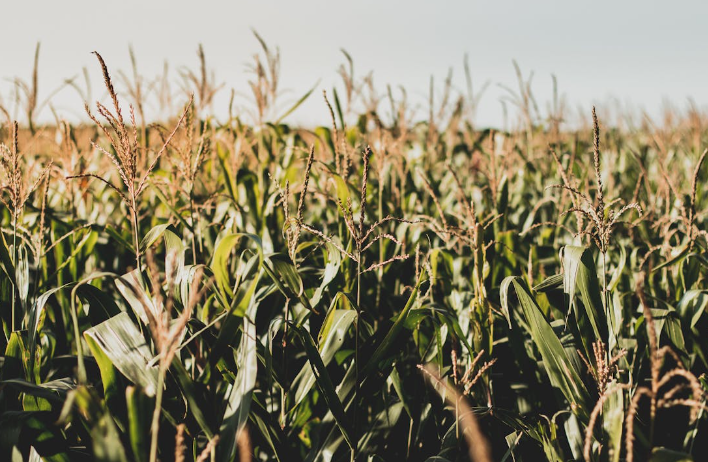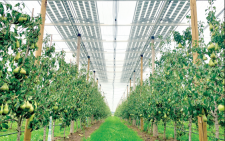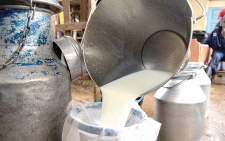Shift to millet, sorghum shot in the arm for food security
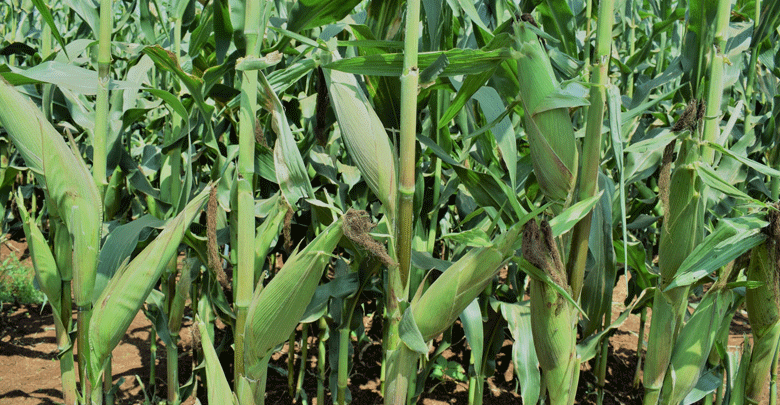
Unfavourable weather patterns have seen a dip in performance of main staple grains including maize, wheat and rice forcing farmers in arid and semi-arid lands (ASALs) to resort to quality drought tolerant crops.
Most of the farmers who made the shift are now enjoying a good harvest and earning better income from sale of sorghum, peral millet, finger millet, pigeon pea, green gram, cowpea and groundnut as focus changes to the orphan crops.
Catherine Mbili, a trainer of smallholder farmers in Makueni County said there is high demand for the once referred to as orphan crops in the local markets.
Starvation and poverty
Main staples, she added, have of late become vulnerable to the effects of climate change leading to a myriad of consequences, mainly starvation and poverty.
“Today we are doing well in terms of food security and financially as every season we sell good output and thus enabling us to meet our daily financial obligations,” Mbili said during a recent media tour in the county.
Kenya National Bureau of Statistics data shows every year the country spends more than Sh200 billion to import food to feed the increasing population.
It is emerging that county governments in the ASALs regions are providing seeds and fertiliser support while aggressively undertaking campaigns to promote farming of the Drought Tolerant Crops (DTCs).
The DTCs account for four of the 10 major food groups that constitute minimum dietary diversity. Smallholder farms in the ASALs account for 30 per cent of cereal production and 54 per cent of pulse production in Kenya.
Production comprises 60 per cent of Kenya’s total millet production, sorghum (48 per cent), pigeon pea (99 per cent), green gram (95 per cent), and cowpea (93 per cent).
Under a three year $3.76 million (Sh426.76 million) Accelerating Institutional and Food Systems Development ( AIFSD) programme – Drought Tolerant Crops (DTC) value chain component, the project is informed by the need to reduce food imports brought about by poor performance of main staple grains.
It draws financing from the United States Agency for International Development/Feed the Future programme to the tune of $2.2 million.
World Bank under Accelerating Impacts of CGIAR (formerly the Consultative Group for International Agricultural Research) Climate Research for Africa has provided $1.56 million.
Drought tolerant crops
The entire programme is being implemented in the counties of Kitui, Makueni and TaitaTaveta. International Crops Research Institute for the Semi-Arid is the implementing partner for AIFSD’s drought tolerant crops value chain component.
It seeks to enhance commercialisation of DTC value chain chains and mitigate the escalating effects of climate change. The project he added is informed by the need to reduce food imports brought about by poor performance of main staple grains.
Romano Kiome, AIFSD chief of party states that the programme seeks to increase productivity of drought tolerant crops in Kitui, Makueni, and Taita Taveta counties.
